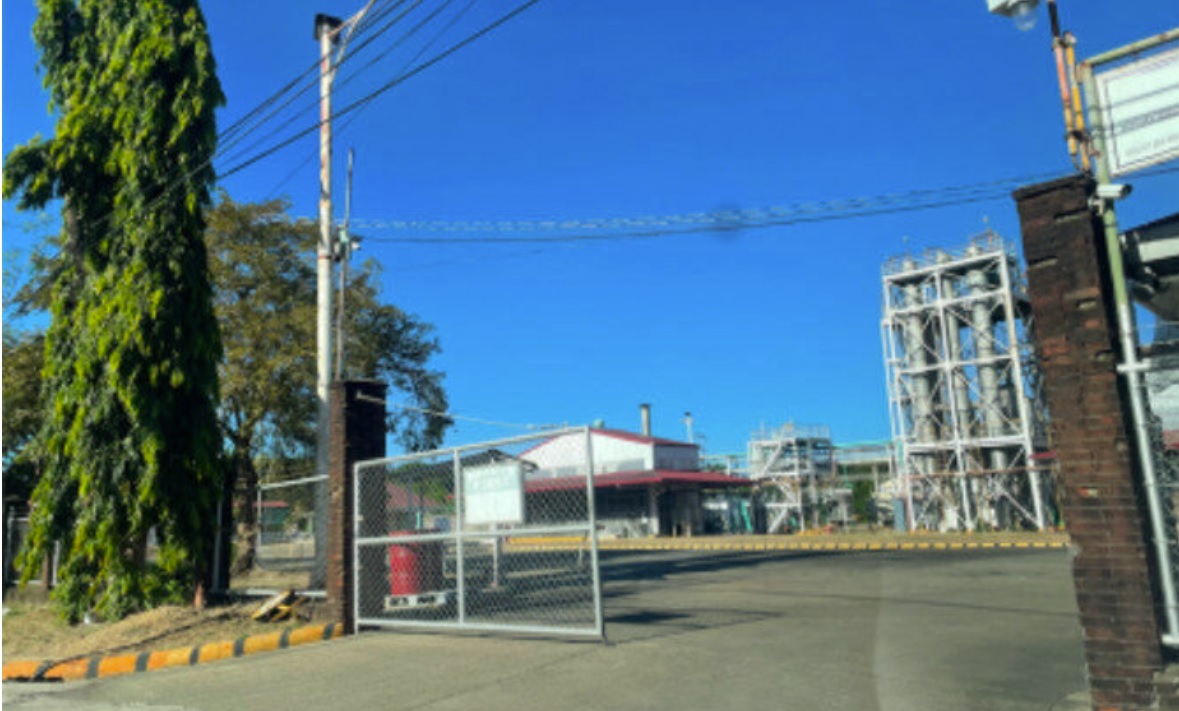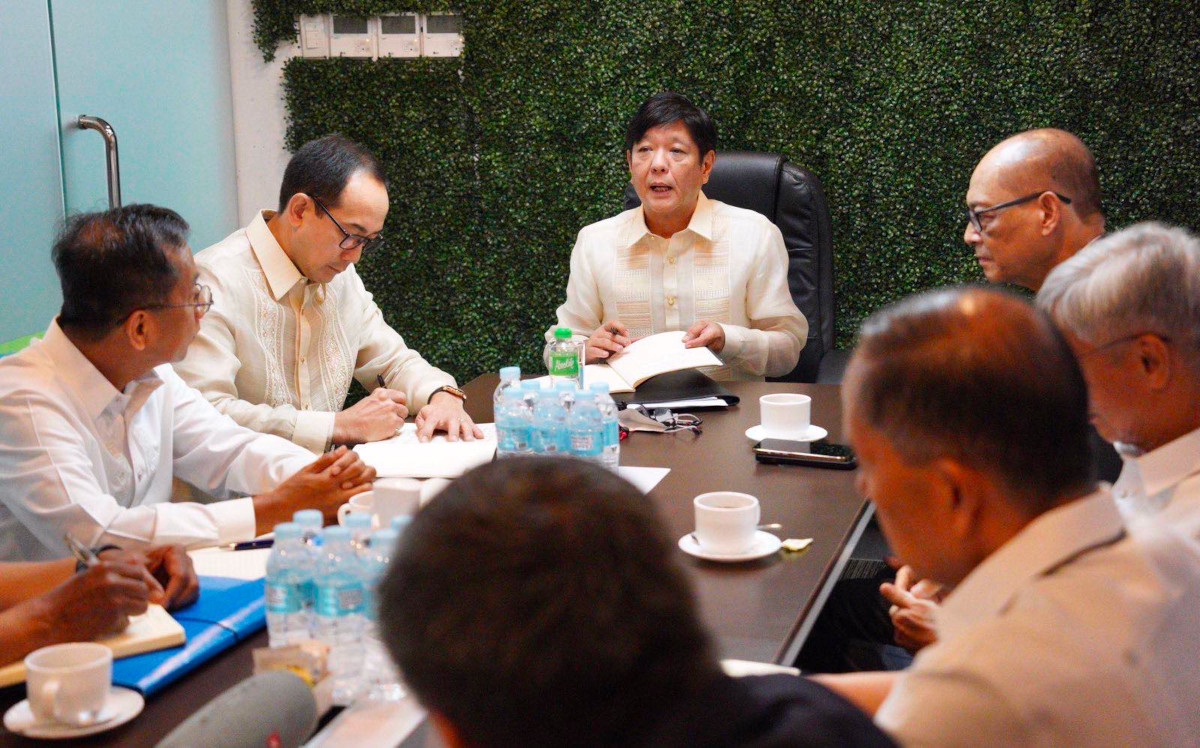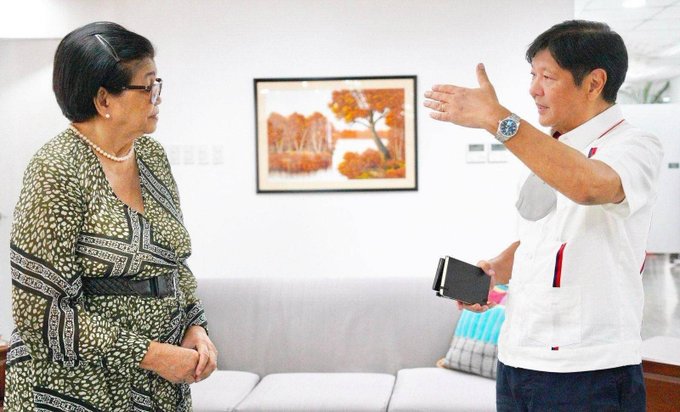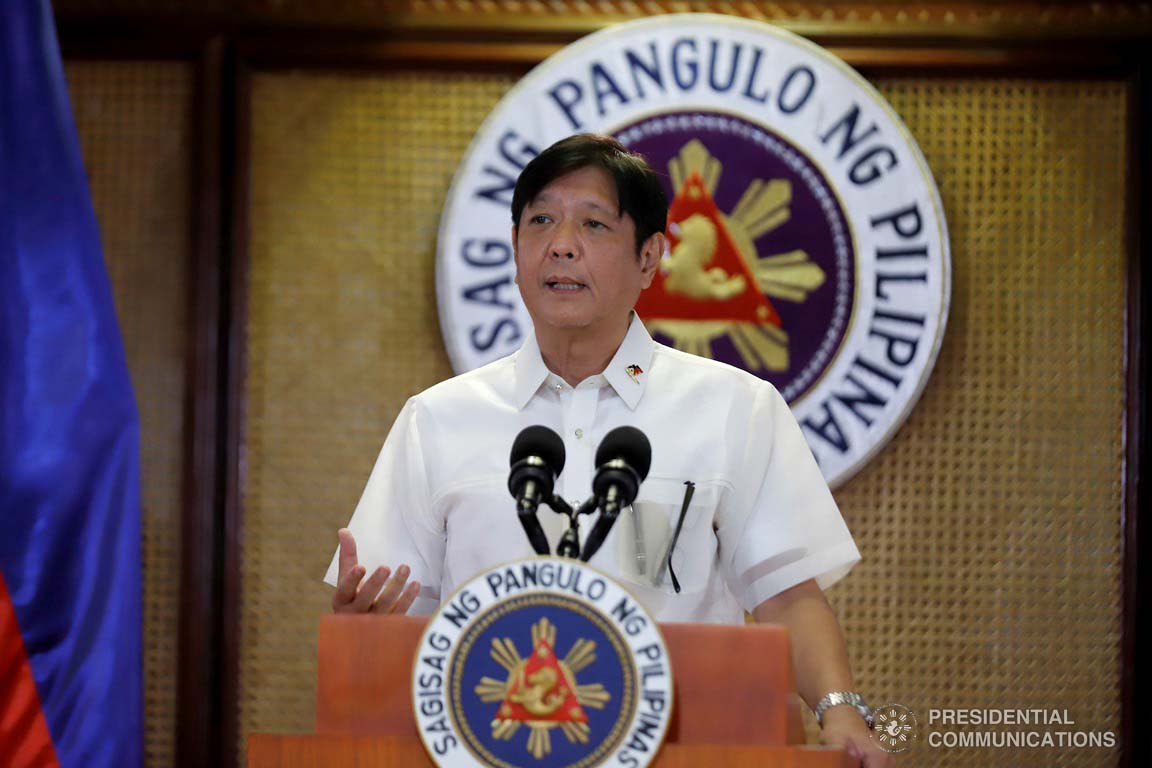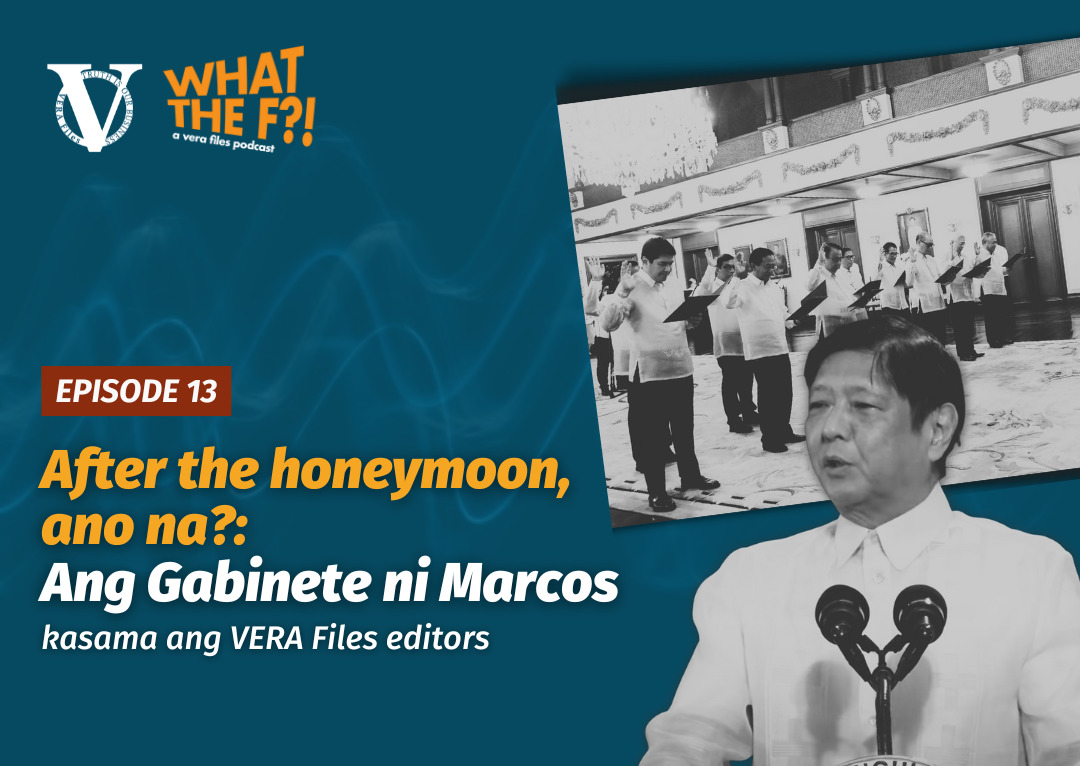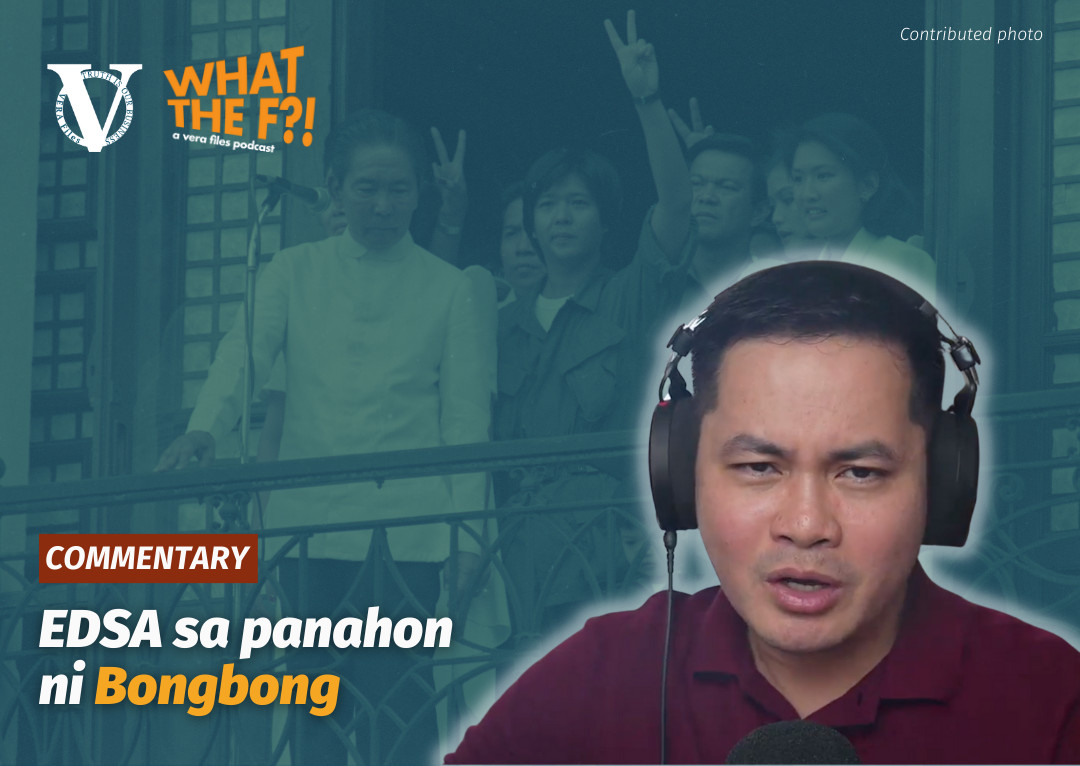It was Ilocos Norte Governor Matthew Manotoc, nephew of President Ferdinand Marcos Jr. who revealed it.
In a July 6, 2022 press conference in Laoag City, the son of Sen. Imee Marcos announced that the Department of Agriculture (DA), headed by his uncle, the President, had approved the release of P100 million to revive a tomato processing plant in his province. He said that tomato growers who supply their products to Northern Foods Corporation (NFC) could resume planting as soon as the new management took over.
“We have the P100 million from DA for our tomato processing plant. And then sana ma-reactivate na rin ‘yung NFC, na nandun pa. Yeah, privatized na po,” he was quoted as saying in a report of the Philippine News Agency (PNA) the following day with the headline “DA to revive tomato processing plant in Ilocos Norte.
“We’re looking for an investor there,” Manotoc said,
The move reversed Memorandum Order No. 58 of former president Rodrigo Duterte abolishing the NFC on December 1, 2021 for “incurring annual net losses, except in the years 1989, 1995, and 2010.” The Memorandum called for the “liquidation of assets and settlement of liabilities” of the NFC.
The government-run PNA made no mention of the role played by President Marcos, who has been in power for barely two weeks, in the founding years of the NFC.
Memorandum for the President from the Governor of Ilocos Norte, 22 March 1984 by VERA Files on Scribd
On March 21, 1984, then Ilocos Norte governor Marcos, sent a memorandum to his mother, Imelda, who was minister of human settlements. The document contained a detailed proposal for the founding of a “food and vegetable processing plant and hybrid seed production” in his province, which would become the NFC. The company was registered with the Securities and Exchange Commission on March 16, 1984, just five days before Marcos Jr. wrote to the First Lady.
The same memo was sent to Marcos’ father, the country’s president, a day later, on March 22, 1984, asking for immediate approval and the release of funds for the project.
Based on the document, the idea for the project was not entirely that of the presidential son who attributed it to Agriman Consultants, “an agribusiness firm with several joint venture activities with the Ministry of Human Settlements (MHS)and Philippine Packing Corporation (Del Monte).”
Marcos Jr. wrote that “upon the request and encouragement of the Provincial Government, [Agriman Consultants] set up an experimental tomato hybrid project in Bacarra, Ilocos Norte. The project was adjudged a success by Del Monte.”
“In view of the favorable results,” the memo went on, “Agriman is now proposing to undertake an integrated food and vegetable production and processing project in the province similar to the PPC/Del Monte Bukidnon facility.”
The son told Imelda that aside from the income, the project would also generate “new jobs and business opportunities.”
“Being the first large scale processing on industrial facility in Ilocos Norte and Northwestern Luzon, it is a concrete manifestation of the wisdom of the President’s and the First Lady’s program of industrial dispersal and rural mobilization,” Marcos Jr. pointed out, adding that it would be “a prestige project of the Governor and the President.”
According to his estimate, the project’s total cost would be P110 million, with financing from a combination of public funds, private loans and investments as detailed in the memorandum:
| Sources | Amount (in P million) |
| Commercial bank loans for inventory financing (commitments from City Trust and other banks have been secured) | 30 |
| KKK-PCA investment in preferred shares in Northern Foods Corporation (the venture corporation) bearing 12% annual dividend | 69 |
| KKK-PCA investment in common shares | 0.49 |
| Private group investment in common shares | 0.51 |
| Sub-Total | 100 |
| Plus KKK production loans | 10 |
Executive Order No. 715, signed by Marcos Sr. on August 6, 1981, recognized the Kilusang Kabuhayan at Kaunlaran (KKK) “as a nationwide movement to mobilize such local resources for the establishment of viable productive enterprises that would provide sources of livelihood within the community, and thus make social justice a real part of day-to-day life.” As such, KKK was declared “a government priority program.”
Marcos Sr. headed KKK’s governing body, but made the MHS under his wife its secretariat and implementing agency.
The KKK-Processing Center Authority (PCA) was formed by virtue of Marcos Sr.’s Executive Order No. 866, signed January 11, 1983. The PCA was intended to be KKK’s corporate implementing agency tasked foremost to form, finance, and coordinate regional agro-industrial processing areas. Again, Marcos appointed Imelda to head PCA’s governing body as MHS minister.
KKK-PCA was supposed to have P1 billion as capitalization with an initial operating budget of P300 million drawn from the Treasury when it was formed in 1983 after which its budget was included in the General Appropriations Act.
In his 2014 biography of Cesar Virata, Marcos Sr.’s prime minister, Gerardo P. Sicat, the chief economic planning officer, wrote that the MHS “began dipping into almost every type of program imaginable, creating high-profile action programs for the First Lady to associate herself with.”
“Soon,” he continued, “the ministry was conducting a housing program, then a livelihood and educational training program, all absorbing new funds coming from other units of the government.”
Sicat stated the obvious when he wrote that Imelda’s clout and that of the MHS rested on her influence on her powerful husband.
“Thus, she had the advantage of getting whatever she wanted, as long as the president would agree to it. While the other ministers had to see him in office, write memos, or plea for their case, Mrs. Marcos could see the president at any time, in whatever situation within the household (which was Malacañang),” he explained.
Marcos Jr., on the other hand, sent out memos to his mother and father. On June 11, 1984, the son asked the president for “an additional equity infusion of P50 million and a loan of P10 million at favorable interest rates” to make the NFC viable and operational by December of that year.
Memorandum for the President from the Governor of Ilocos Norte, 11 June 1984 by VERA Files on Scribd
Marcos Jr. made no mention of the financing which was supposed to be drawn from the private sector, except that of Agriman Consultants, that he indicated in his approved proposal to Imelda just three months earlier.
The request was in addition to the P36 million that KKK-PCA allocated as initial equity investment and a P34 million “expected loan,” which was thought to be sufficient to put up and run the NFC.
But by June, Marcos Jr. said the P70 million was inadequate given “recent developments specially the high cost of money” and NFC was in “imminent danger that . . . may not be undertaken at all.”
He told his father that NFC’s “successful implementation will definitely be a legacy which our province mates will long remember and cherish.”
On June 28, 1984, the father indulged his son and issued a memorandum instructing his wife “to allocate the amount of P60 million from the KKK-PCA or any of the subsidiaries of the Ministry as an additional equity investment” in NFC.
P130 million of public funds were then committed to the NFC.
On July 23, 1984, Marcos Jr. as governor of Ilocos Norte, leased to the NFC for 25 years some 4.3 hectares of land in San Joaquin, Sarrat, Ilocos Norte. NFC’s tomato processing plant was up and running on the land by October 1984.
Rafael C. Ignacio, in a chapter on Social Entrepreneurship and Enterprise Development (Asian Institute of Management, 1994), mentioned that Marcos Sr. was present at the inauguration along with United States ambassador Stephen Bosworth.
Also present were top executives of Agriman Consultants: “Mr. Alejandro [Sandy] V. Daza, president; John P. Perrine, executive vice president; and, Atty. Manuel S. Tayag, vice president. Mr. Daza was one of the closest friends and associates of Governor Marcos. Mr. Perrine was the son of an American top executive of Philippine Packing Corporation-Del Monte (PPC-Del Monte).”
Agriman Consultants bagged the contract to manage the NFC. Governor Marcos Jr. had seat at the table as one of the seven members of the company’s board of directors. The original investment package for the NFC reserved 1% of the Class C-Common Shares for the governor, hence the lone C seat. He The governor of the province remained a member of the NFC board until its closure last December.
It seemed all was set for a great agribusiness venture in Ilocos Norte.
But three years after operations began, “there were a number of employees scrounging around the plant premises for pieces of junk copper wires and other scrap metals. They were to sell whatever they found to the scrap traders in Laoag City to generate some cash to pay a part of their salary while their top people were coming and going in chartered planes,” according to Ignacio, quoting Mike Regino, NFC finance manager in the late ‘80s.
The losses were such that, according to Ignacio, “despite the superior technology and a noticeable increase in farmers’ participation, Northern Foods Corporation, however, remained in the red throughout the Agriman era. As of May 31, 1986, NFC’s equity base had shrunk to a level of P69.987 million from an initial amount of P104.545 million.”
Esteban N. Pagaran, in a chapter he wrote in Ground Level Development: NGOs, Co-operatives and Local Organizations in the Third World published (Lund University, 1994) made a negative appraisal of Agriman’s role in the NFC’s founding years. He wrote of how “anomalies committed by the private management firm and the high overhead expenses” resulted in “heavy company losses.”
When a new management took over NFC after the 1986 Edsa revolt, they discovered a “six-figure cash advance made by Agriman.”
More than 35 years later, in the Commission on Audit’s (COA) 2021 Annual Audit Report on the Northern Foods Corporation, there remains the entry under “receivables—non-current portion, other receivables”:
| Names | Particulars | Amount |
| Agriman Consultant, Inc. | Expenses relative to the Management services it Provided NFC from May 1984 to July 31, 1987. | P2,443,761.69 |
In the last three annual audit on the NFC (2019-2021), and maybe even in much earlier ones, COA stated that since the amount Agriman owed NFC has been “outstanding and non-moving for more than 10 years,” it was now considered part of “Dormant Receivable Accounts.”
In its 2019 Annual Audit Report on the Northern Foods Corporation, COA advised the NFC that they could just write it off or “exert exhaustive efforts to locate original documents pertaining to the transactions” and “exert extra efforts to collect from Agriman Consulting Services.”
In the 2020 Annual Audit Report on the Northern Foods Corporation, NFC informed COA, “that Agriman Consulting, Inc. is no longer operational” and that “they were not able to locate the original documents of the said transaction.”
COA reiterated its previous recommendation that NFC should just make a formal request to write off the said amount as provided for by COA Circular 2016-005.
In 2000, NFC became part of the DA until Duterte shut it down.
A year later, COA noted in its annual audit of NFC that their previous recommendation on the matter involving Agriman was not implemented since “management was not able to request the write-off of accounts because only photocopies are available and the original documents cannot be located.”
But now, it seems the Marcoses are not done yet with NFC. It is unclear when President Marcos reversed Duterte’s Memo No. 58 and approved the P100 million funding to revive NFC. But with the support of his powerful uncle, the reelected governor of Ilocos Norte is a winner twice over.
(Joel F. Ariate Jr. is a university researcher at the Third World Studies Center, College of Social Sciences and Philosophy, University of the Philippines Diliman. Miguel Paolo P. Reyes and Larah Vinda Del Mundo helped in writing this article. This piece is part of their Center’s on-going research program, the Marcos Regime Research.)
